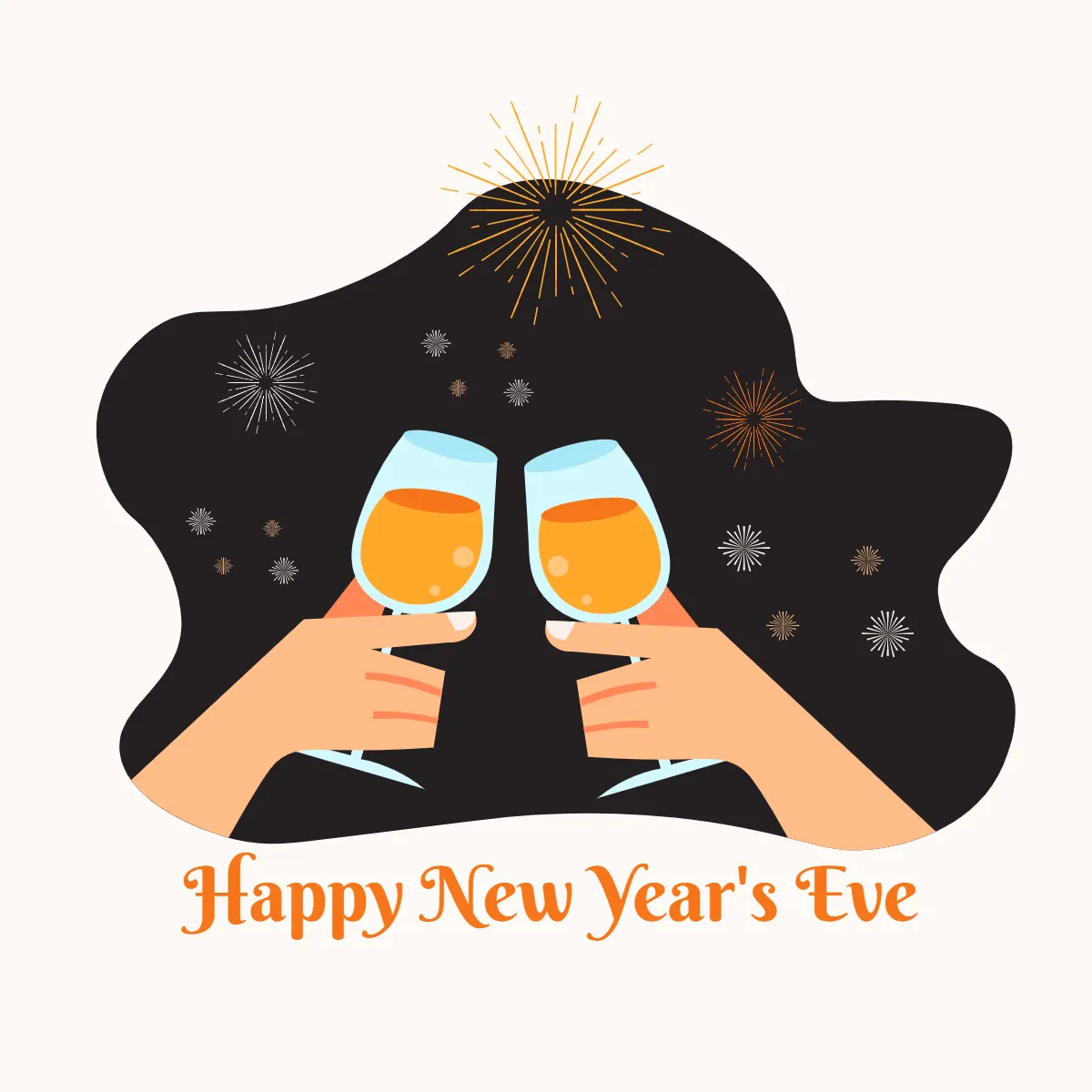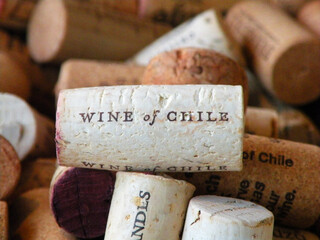
New Years Eve is less than a week away, so it's time to start thinking now what bubbly you have on hand. Champagne is nice, but there are a number of alternative sparkling wines to consider.
California has acclaimed fizz. Oregon and Washington state sparkling wine may not be as well known as their still wines, but they are good choices for holiday drinking. And European bubbly from Italy and Spain often rivals French Champagne.
What's the difference between Champagne and all the others? Beside the obvious fact that Champagne is made only in a region northeast of Paris, there's individual local terroir, the cumulative growing conditions that vary wildly from region to region and country to country.
Terroir makes a difference. Grow the same grapes as Champagne region - Chardonnay, Pinot Noir, Pinot Meunier - under local terroir conditions anywhere else and you still don't have Champagne.
Then, there's the percentages of each grape that goes into the blend (cuvee) which in Champagne is traditionally 60% Pinot Noir, 40% Chardonnay (the amount of Pinot Noir varies when Pinot Meunier is added to the cuvee), but may vary in other places.
At one time, Champagne was the only quality sparkling wine made, but today the worldwide market has many other choices. So, let's have a look at some of the better known ones.
Saumur sparkling wine (mousseux) is made from Chenin Blanc and a rosé version has Cabernet Franc as the base wine. Additionally, blends may include a half dozen other grapes including Chardonnay. Aged in caves dug from tuffeau rock, used in building construction, sparkling Saumur is a popular sparkler from the middle Loire.
Crémant d'Alsace was first officially standardized in the 1970s. Pinot Blanc is the most common variety used for the base wine, although other choices include Riesling and Pinot Gris. Crémant d'Alsace Rosé is made only from Pinot Noir.
Cava, the traditional method sparkling wine from the Catalonia province of Spain, is made from Macabeo, Parellada and Xarello, in four grades: Cava, Cava Reserva, Cava Gran Reserva and Cava Paraje Calificado, akin to a single-vineyard wine that is aged for 36 months. Chardonnay and Pinot Noir are also authorized.
Spumante (Italian for sparkling wine) is made in a wide variety of styles, ranging from the wildly popular Prosecco to Franciacorta, in Lombardy, a traditional method bubbly that stands on its prestigious name without the word spumante on the label. Oltrepò Pavese, made by metodo classico is the first class sparkling wine from Piemonte.
California sparkling wine is mainly made by the tank method where the second fermentation occurs in a closed tank, instead of a bottle. But in the early 1960s, Napa's Schramsberg Vineyards was producing sparkling wine by méthode champenoise, and it is today one of the Golden State's best sparkling wine. Then, by the early 1970s, a handful of French Champagne houses came to California with Domaine Chandon, Mumm Napa and Domaine Carneros by Taittinger, and set up camp in Napa Valley.
Sonoma County has a long history of making sparkling wine. Korbel has been making bubbly, using the traditional method, since 1896. By the mid-20th century, Iron Horse was making sparkling wine in Green Valley, Spain's Freixenet opened Gloria Ferrer and Judy Jordan of the Jordan wine family opted for sparkling wine with J Wine Company.
Roederer Estate, the California sparkling wine of Champagne Louis Roederer, opened its door in the late 1980s in Mendocino's Anderson Valley, and quickly became a sparkling star. Scharffenberger Cellars is the other major maker of Anderson Valley sparkling wine.
Other wineries making American sparkling wine include: Gallo's Andre and Ballatore, and Wente Vineyards and Stony Ridge Winery; Domaine Ste. Michelle in Washington and Argyle from Oregon; Gruet in New Mexico, and a handful of bubbly brands in the New York Finger Lakes, to name a few.
This New Year's eve, pop the cork on a bottle of American bubbly, serve the wine with lightly salted popcorn and welcome in 2026. Cheers.
Next post: Original Zin
Leave a comment at boydvino707@gmail.com




:max_bytes(150000):strip_icc()/Yellow-Chartreuse-v-Green-Chartreuse-FT-BLOG0524-8be78ed385dd454587d16ee931dc7ea2.jpg)












